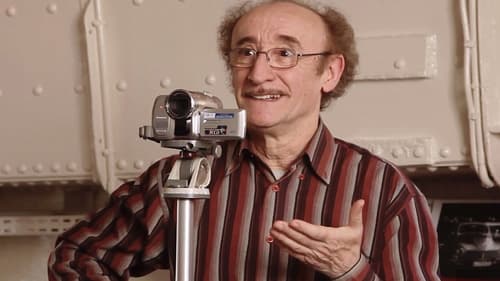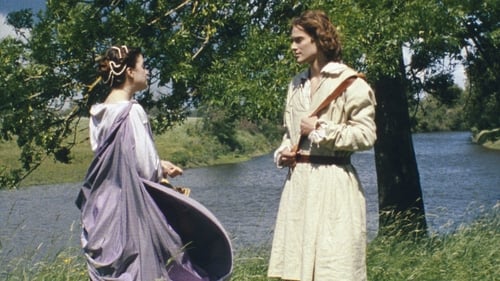
This film is a tribute to love, a tribute to cinema. Our two main characters take us with them into the intimacy of "real people". We cross the roads of France with them, in their different vans and pick-up trucks transformed for the occasion into mini movie studios. Their concept: to film "declarations of love" and to deliver them directly by van to their recipients. And we discover, as we go along, that our duo and their own personal adventures are subtly intertwined with the people they film. This mix of genres offers several universes to the spectator in order to make him question himself about love.

La Beauté
Beauty, a virgin Aphrodite-Venus, Ideal of a woman, is supported in order to be able to return from where she came, to her origin, pure, before the Acropolis, having taken the wrong path, via Venice, having been deviated - as tragically revealed by the child (son to whom and from whom?) Given to him by a Mother, such abandonment is given to her - by a man with multiple figures, evoking a non-antagonist Oedipus-Christian, an opponent , wrestler, to the world, himself supported by Epigone, both at their greatest risk.


Phillis
Rohmer adapta al cine la más loca historia de amor de la literatura barroca del siglo XVII, "L’Astrée", de Honoré d’Urfé (1607-1628). La intriga, que se sitúa en un bosque maravilloso, en la Galia de los druidas del siglo V, relata los amores del pastor Céladon (Andy Gillet) y de la bella Astrée (Stéphanie de Crayencour). Convencida de la infidelidad de Céladon, Astrée lo abandona. El joven, desesperado, intenta suicidarse, pero es salvado, sin que Astrée lo sepa, por las ninfas.


